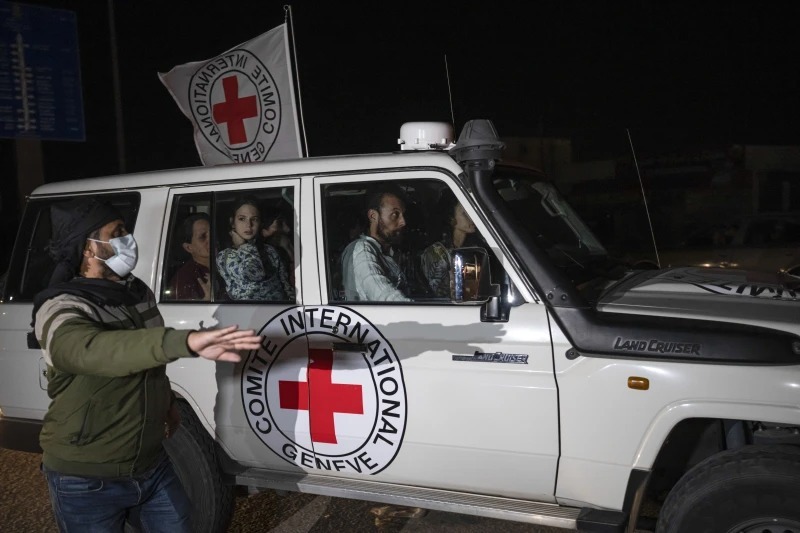Former Hamas hostage Aviva Siegel revealed the harrowing conditions she faced while being forced to participate in propaganda videos during her 51 days of captivity in the Gaza Strip. Siegel, who was abducted from Kibbutz Kfar Aza on October 7, described how Hamas captors pressured her to memorize specific lines and staged scenes to portray her treatment as humane, despite the dire conditions she endured.
In an interview with The Wall Street Journal, Siegel, 62, recounted the difficulties of remembering lines provided by her captors, who would repeatedly correct her during filming. “‘You didn’t say that you’re 62.’ ‘You didn’t say that you’re from Kfar Aza.’ ‘You didn’t say that Bibi needs to bring you back,’” she remembered them saying, explaining how the pressure left her struggling to focus.
Siegel and her husband, Keith, were taken hostage by Hamas during the group’s brutal attack on southern Israel. She was released on November 26 as part of a temporary ceasefire agreement brokered by Qatar and the United States, but her husband remains in captivity.
Throughout her time as a hostage, Siegel said she was forced to participate in three staged propaganda videos, with her captors insisting that she smile and act as though she was being treated well. “They used to make food and put it on the table. We had to sit next to them and smile and say everything is okay, just for the picture,” Siegel told the Journal. She also recalled refusing offers of a hairbrush and hair clip, knowing her appearance reflected the poor conditions she was kept in.
Hamas has used videos of hostages as part of a psychological warfare campaign, according to Israeli officials and human rights groups. In Israel, families of hostages have allowed the media to air these videos in the hope of keeping public attention on their loved ones’ plight.
Gershon Baskin, a key negotiator in the 2011 release of IDF soldier Gilad Shalit, told the Journal that Hamas’s propaganda efforts are aimed at exploiting public sentiment in Israel, with the hostage videos playing a significant role in shaping public opinion. “Hamas wants this war to end, and this is how they think that pressure can be put on Netanyahu,” Baskin said, noting that the videos have a profound impact on Israeli society.
Israeli intelligence sources said they are also closely analyzing the footage to assess the physical and mental health of the hostages, dissecting “every single frame” for clues about their condition.
(YWN World Headquarters – NYC)











